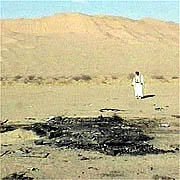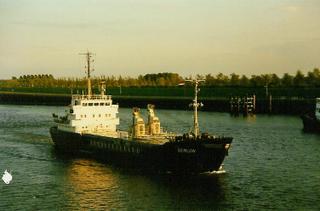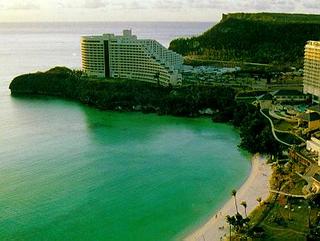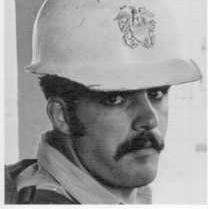There are many things that can be done to honor fathers on Father's Day. Picnics, gifts, etc. Today, the last child remaining at home and his mother decided it would be good to take dear old dad to the lake for sailing.
Now, I love to sail. We own a Klepper boat (a folding kayak that can be sailed) because we used to move a great deal and the boat, sails, paddles and all fit into 4 bags, easily transported. When sailing, the Klepper looks like this:

(not my boat, but from the Klepper
website)
However, the Klepper needs some work (it's over 30 years old and has been in the Pacific, Atlantic, Gulf of Mexico and a variety of lakes and rivers in between the coasts) and so it's been more a few months since I was on the water. We decided to go to a local park and rent a little Sunfish. In it's proper sailing form, the Sailfish looks like this:

What fun! And for a while the youngest child and I kept the boat like that. Then, a sudden wind gust and we (I) managed to try the experience of inverted sailing. So that our boat now looked like this (blue is sky, green is water):

The great thing about a Sunfish is that they are easy to right after capsizing. It helps to capsize facing into the wind (or with the sails lowered) or re-righting your boat can be an additional adventure so that when the boat pops up the wind doesn't immediately grab the sail and pop it right back over. Of course, you usually don't capsize in those circumstances, so it usually requires that some adjustments be made before attempting to right the boat.
In short, we got it back upright and back to the beach and announced to the assembled spectator (my wife) that we were engaging in "capsizing drills" - I'm not sure she believed us. The concessionaire, on the other hand, was nice enough to mention that capsizing a Sunfish was not "as embarassing as falling off the fishing dock into the water." I think he was speaking from experience...
Even if the day ended with my son not particularly impressed with my sailing skills, it was a good Father's Day for me.
I hope the rest of you dads are being well taken care of, too.
 Photo source
Photo source



 USS Normandy (Yon photo)
USS Normandy (Yon photo) Monitor
Monitor

